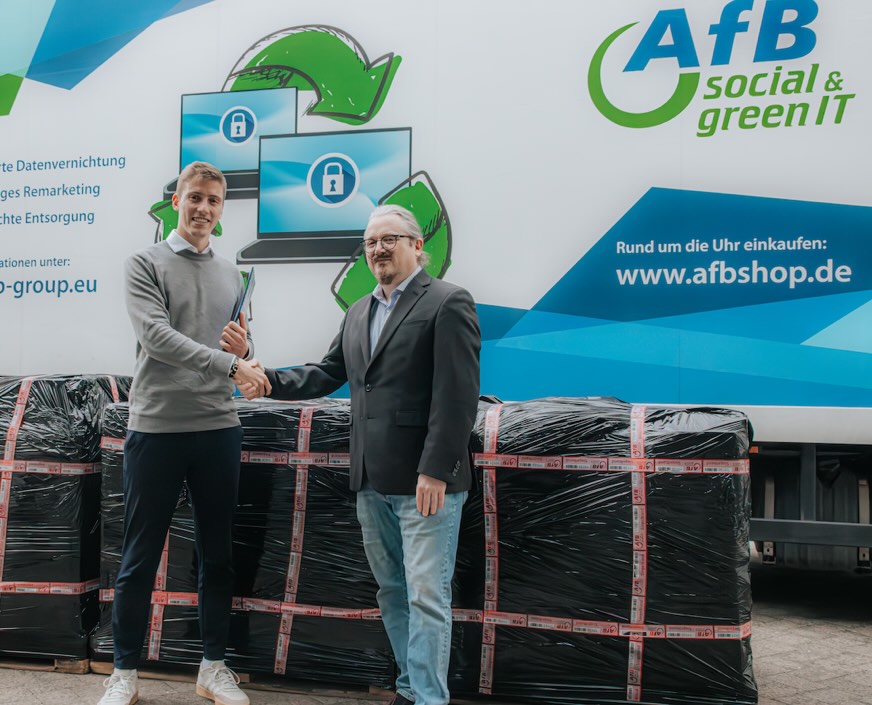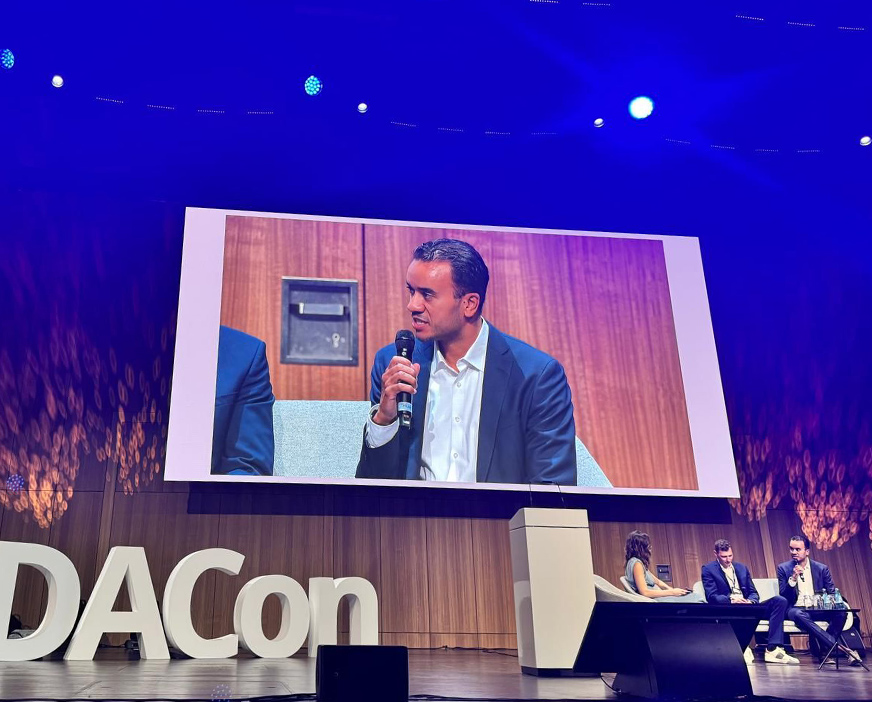What are containers in IT?
A container is a standardized unit of software that bundles code and all its dependencies. This allows it to run applications consistently and portably across different environments. Unlike virtual machines, multiple containers share an operating system kernel, making them use resources more efficiently. They act similarly to virtual machines but offer a leaner solution. To achieve this, they only create a new user address space for each application, thus providing an isolated environment.
They ensure the separation and management of resources used on a computer, including code, runtime module, system tools, and system libraries. Their independence from the environment enables efficient deployment, scalability, and management of applications, facilitating the rollout of new applications and releases.
Functionality
Containers are efficient because they use the kernel of the host system. This allows them to start faster and consume fewer resources. Traditional virtual machines (VMs), on the other hand, require their own kernel for each instance.
Differences from traditional virtualization
Unlike conventional virtualization, where each VM requires its own operating system instance, containers share the host’s kernel. This makes them more resource-efficient and quicker to start.
Advantages
Containers offer significant advantages such as efficient resource utilization, portability across different environments, and rapid deployment. This makes them particularly attractive for use in modern IT architectures like microservices and DevOps.
Practical examples
A typical example is the development and deployment of an application in different environments. Containers greatly simplify this process as they contain all necessary dependencies and function independently of the host system. Another example is their use in CI/CD pipelines, where they increase consistency and efficiency in the development process.
Container management and orchestration
With the growing number of containers, tools for management and orchestration like Kubernetes and Docker Swarm are essential. These platforms enable efficient management, scaling, and monitoring of containers across multiple hosts.
Kubernetes, or K8s for short, was developed by Google. Today, it is the most well-known platform for container orchestration. It enables automatic deployment, scaling, and management of containerized applications and is ideal for use in production environments.



